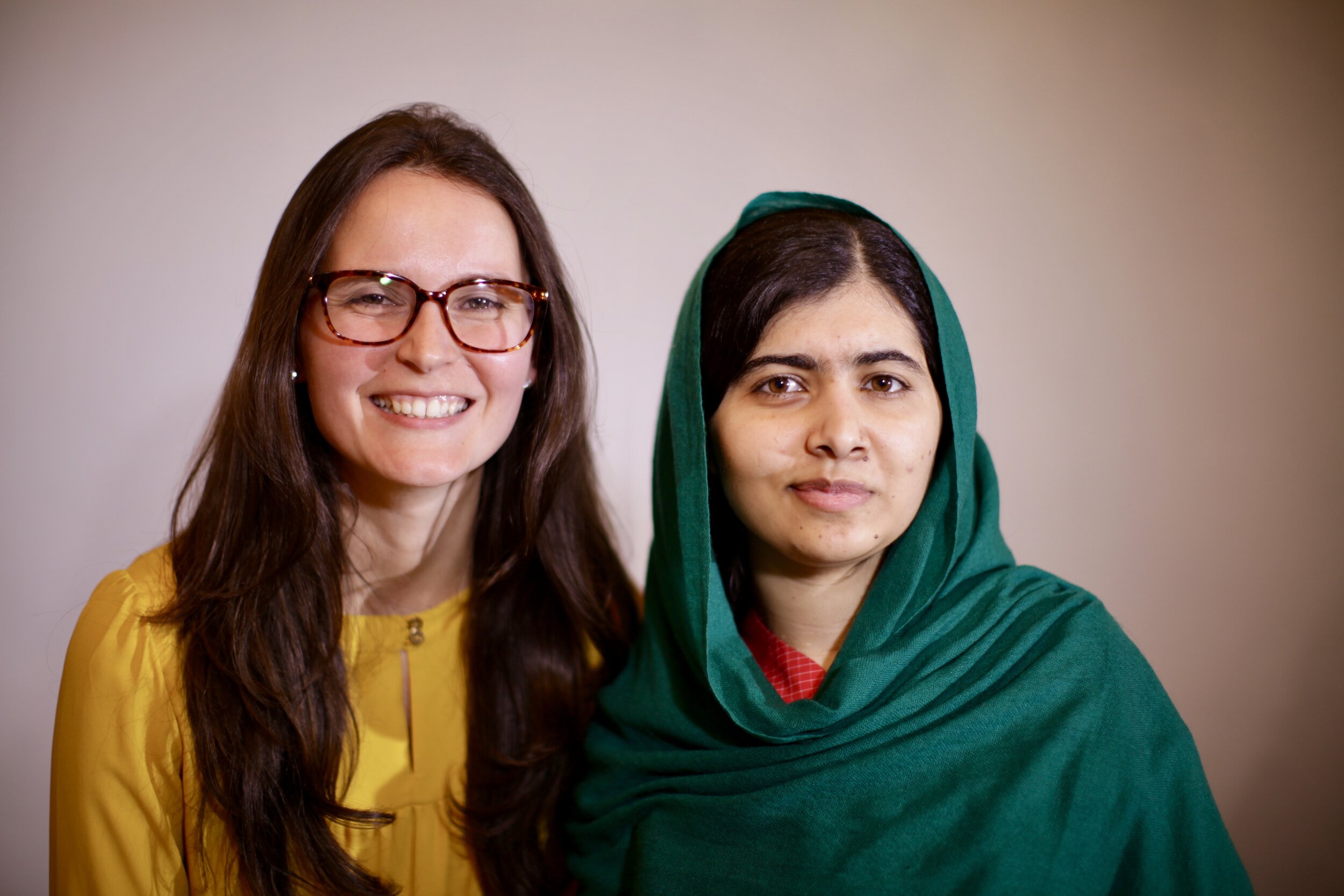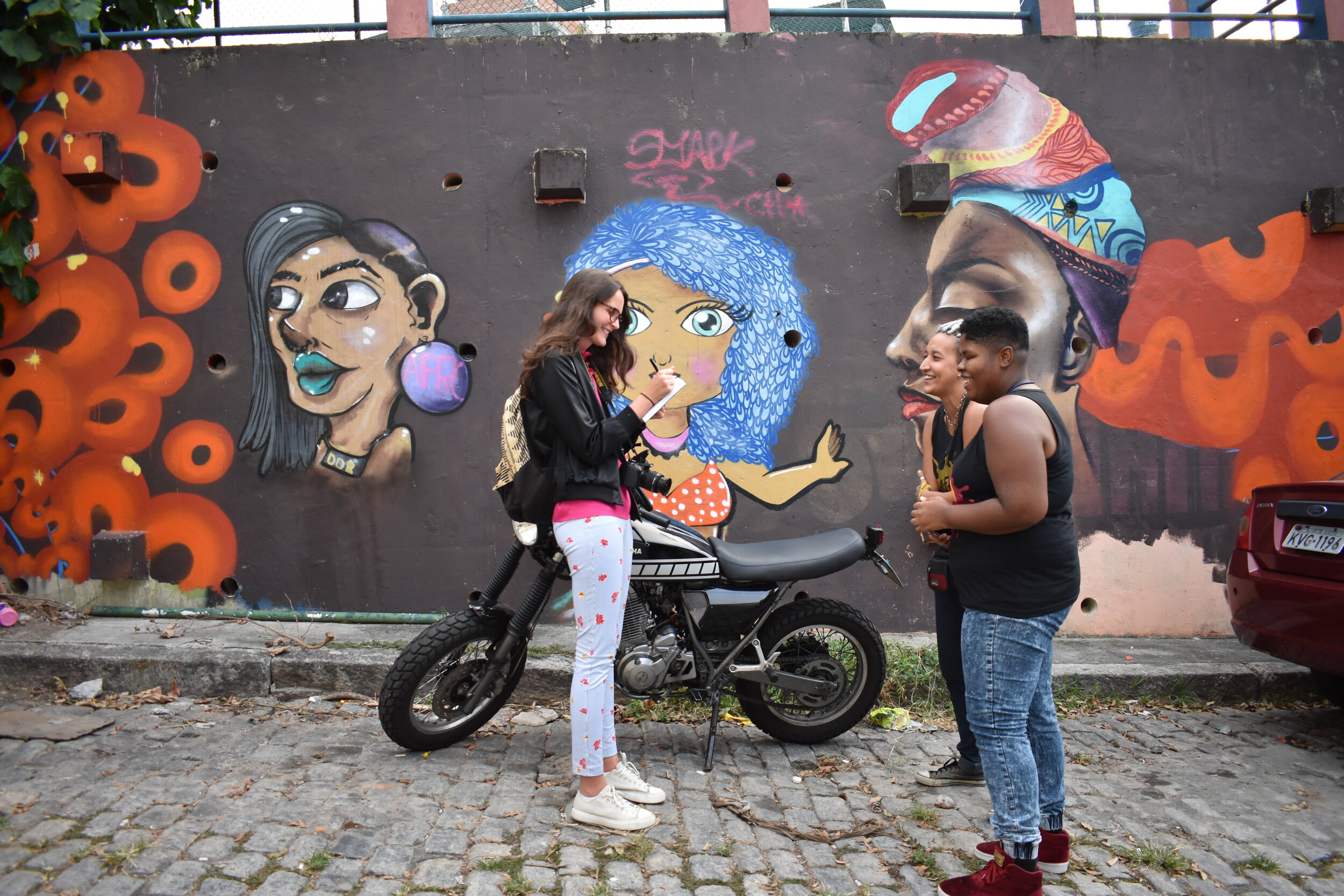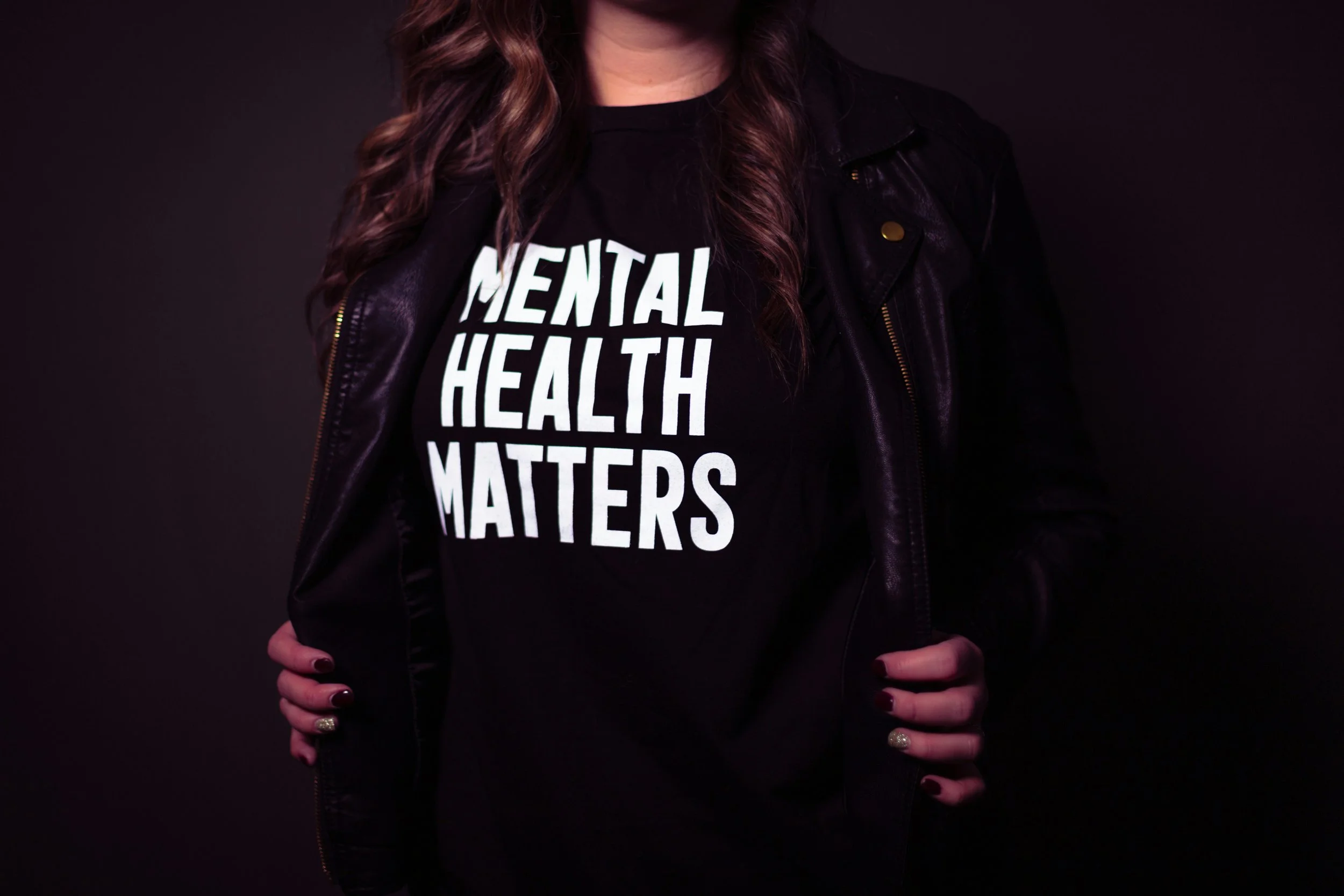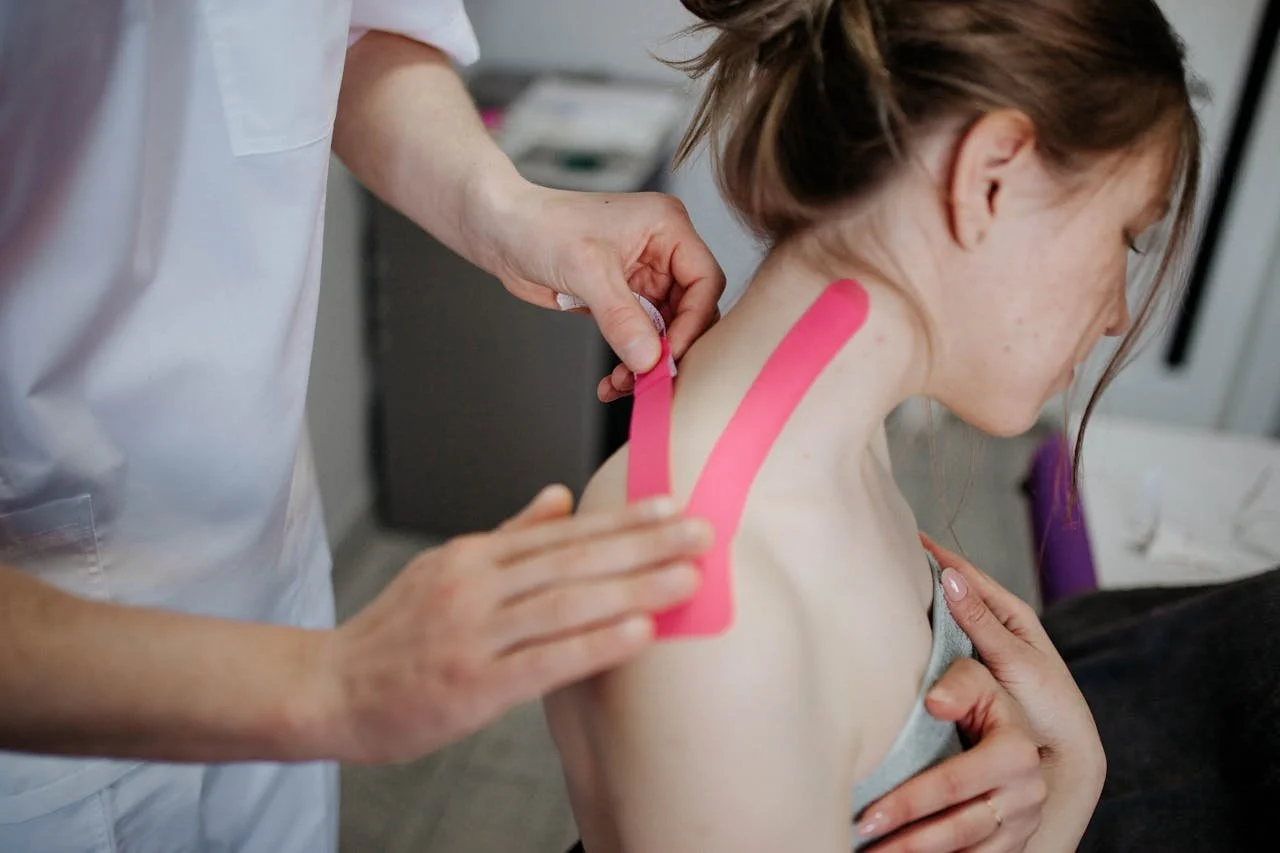We meet Tess Thomas, Editor at Assembly as part of the Malala Fund
We are ALL about pioneering for women’s stories to get the readership and support that they deserve, no matter what the subject, and the team over at Assembly as part of the Malala Fund are no different. Founded by Pakistani activist and Nobel laureate, Malala Yousafzai, Malala Fund invests in educational activists and advocates for female education that strive to prioritise and solve problems relating to girls’ educations in their communities. Assembly as part of the Malala Fund is the newsletter and online publication that showcases these advocates, activists and the stories of girls in their respective communities around the world. We are so lucky then to be able to not only share such amazing projects with our readers, but to have been able to talk to editor of Assembly, Tess Thomas to learn more about Assembly and its mission, but also get some seriously good advice from Tess when it comes to editing.
When did you first start working at Malala Fund?
I started working at Malala Fund in March 2017, so it’s been about four years.
Tell us a little bit more about Assembly. How did it start? Why is it important and what types of stories does it share?
At 11 years old, Malala began blogging about her life under the Taliban and she has been speaking out for girls’ education ever since. Malala Fund created Assembly, our Webby award-winning digital publication and newsletter, to help more girls tell their stories just like Malala.
Assembly is a meeting place for girls around the world. It’s a platform for girls to share their thoughts, challenges and accomplishments — and to get ideas and inspiration from their peers. In recent Assembly articles, girls have discussed the changes they want to see leaders make in their communities, how they’re challenging racism in their schools and why we should cancel cancel culture.
Based on the response we’ve received from girls, it is clear that they’ve been waiting for an outlet for their voices. To date, we’ve published content from girls in over 100 countries and in 22 languages.
When you first start writing a piece, do you always know exactly where it’s going to go? Is it always pre-planned, or do you just run with it and let the words flow?
Assembly contributors pitch their ideas through our submission form, so when I accept a pitch, I work with that girl to decide on the focus and direction of her piece. The original intended direction often ends up being the direction of the final article, but that’s not always the case! Sometimes it takes writing something that’s not working to figure out what will work. As a writer it’s important to be open-minded and adaptable, even if that means scrapping an entire draft except for one good line. If you’re interested in more advice on the writing process, our (amazing!) former editorial intern, Omolara Uthman, and I put together a writing guide for girls, which offers step-by-step guidance on how to tell your story.
What advice would you give other women looking to start a career in publishing or editing?
If you’re still a student, my first piece of advice is to use internships if you can to figure out what you like and don’t like about different kinds of jobs. Writing and editing have always been my strengths and as a student, I thought I wanted to go into book or magazine publishing. But through my internships, I realised that I liked communications more because I get to work on different types of written products for a variety of audiences while also developing creative campaigns. I wouldn’t have known this career was the right fit for me if I hadn’t tried out a bunch of positions while I was a student.
My next piece of advice is to just get experience. Your first internships or jobs might not align perfectly with your passions or interests, but as long as you’re able to start building your portfolio and honing your writing and editing abilities, you’re headed in the right direction. Focus on getting roles that will give you experience so that when a job comes along that does align with your passions, you will be able to show your future boss that you have the skills to succeed in that position.
What other women do you admire?
I’m lucky because I get to work with young women I admire every day through Assembly. Nibras Khudaida, Clarisse Alves Rezende and Tiyi Aveya are just a few of the activists I look up to, even though I’m much older than them! I’m also fortunate enough to be a member of Malala Fund’s incredible all-women communications team. I so admire my teammates (hi Ayesha, Bhumika, Carine, Carolyn, Hannah O., Hannah X., Marielle, McKinley and Noreen!) and I’m in awe of their skills and talents. It makes going to work every day a lot of fun when you’re inspired and challenged by your colleagues.
Do you think there is enough writing out in the world about underrepresented communities and specifically female marginalised communities and subjects that are often associated with them? (rape, sexual abuse, oppression, racial bias and injustice) - the list goes on and on.
There’s not enough articles about these issues and there are even fewer about these issues written by girls in their own words. Too often people in positions of power fail to consider girls’ opinions and experiences — but girls are best placed to explain the challenges they’re facing and articulate what they need to learn and achieve their full potential. We created Assembly to amplify girls’ voices so that they may inform decisions that impact our world. If Malala can raise her voice and change the world, imagine what would happen if every girl was given the same opportunity.
What does feminism mean to you?
To me, feminism means that all genders have equal rights and opportunities. To achieve equality, we must practice intersectional feminism, a term created by law professor Kimberlé Crenshaw that describes “the way in which various forms of inequality often operate together and exacerbate each other.” We have understand and challenge the discrimination women experience that might be compounded by their race, socioeconomic status, sexual orientation, religion, ability and more. Any feminism that doesn’t take into account the ways identities and forms of oppression overlap isn’t feminism for all.
What’s next for Assembly and Malala Fund? How can our readers interact and engage with you and the stories being told?
The first thing you can do is subscribe to Assembly! When the newsletter hits your inbox, forward it to a friend or share an article that stuck with you on social media. Girls are already speaking out about the problems they face and developing solutions — and every one of us can help their efforts by amplifying their voices. If you’re a young woman and have an idea for an article for Assembly, our submission form is always open! We can’t wait to hear from you.
_
Check out the Malala Fund on Twitter @MalalaFund, Instagram @MalalaFund, or Facebook @MalalaFund or catch Tess herself on Twitter: @tessjthomas and Instagram: @tessjthomas














